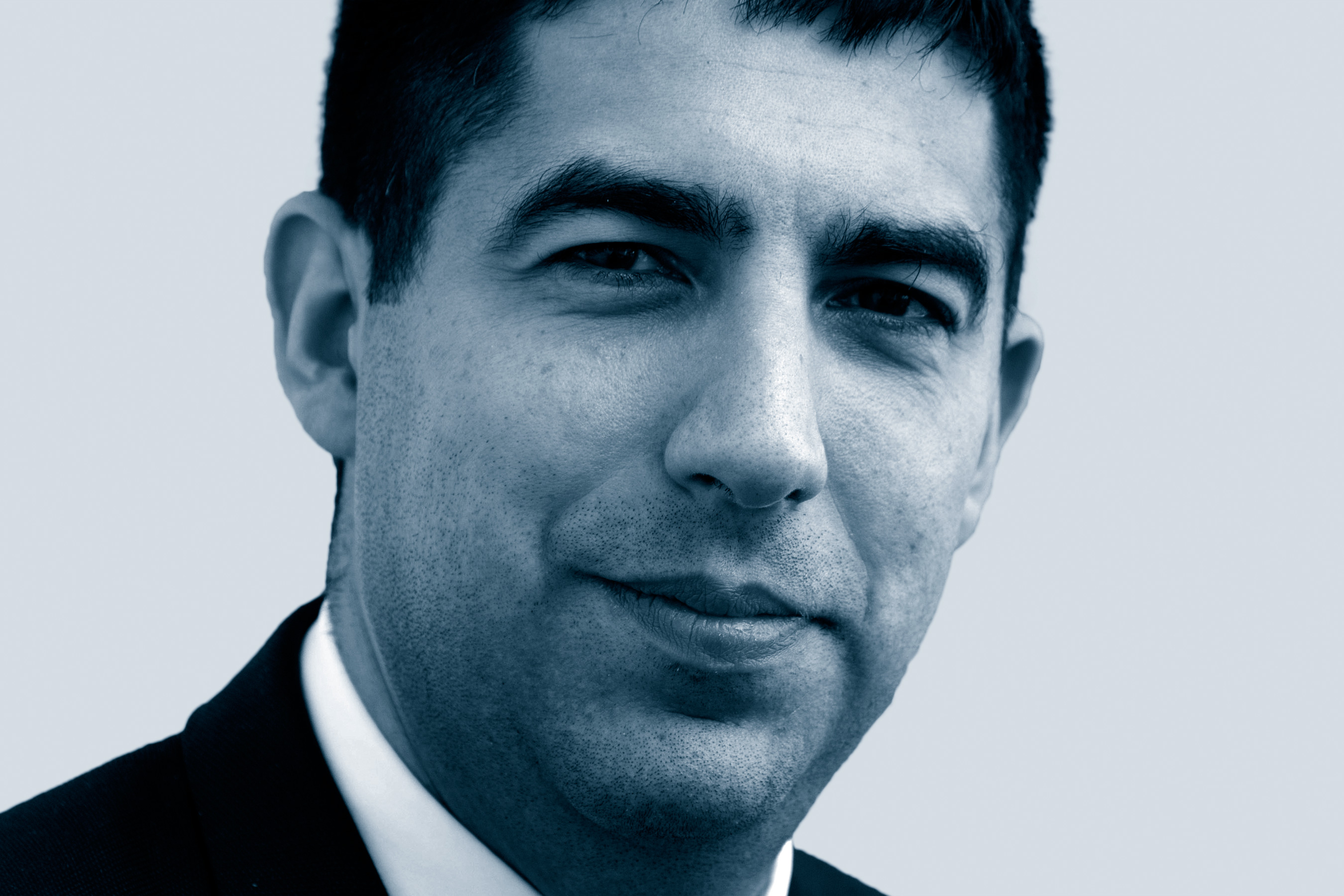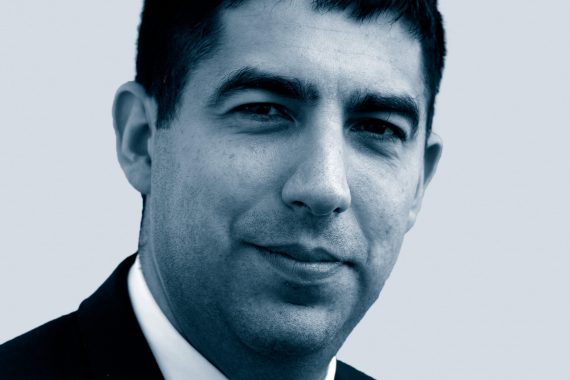
It’s a new year, but it is going to be the same old story for the NHS. The £20.5bn promised to the NHS by Prime Minister Theresa May (at the time of writing) makes great headlines. But health economists are queuing up to warn it won’t lead to improvements, and is the very minimum needed just to keep current service levels.
This is the lowest of low aspirations. But the biggest tragedy is that we, as a nation, have been programmed to accept underfunding as the new normal – a normal that has negative effects that can be seen everywhere, and well beyond the areas that grab headlines, like A&E waiting times or cancelled operations.
Three pieces in this month’s issue illustrate how underfunding is having a corrosive effect on general practice – and how we have come to accept it.
Take our cover feature this month. Last year, we were alerted that 999 services were delaying ambulance callouts to GP practices – a situation I could not believe. It seems obvious to me that if a GP decides a patient needs an ambulance, it’s damn likely they need one.
Ministers should not pretend this new funding will change anything
Two things shocked me when we investigated the issue. The first was the examples we heard. Patients with sepsis who were kept waiting for hours. Patients who were fitting in the waiting room being deemed to be safe as they were in the presence of a medical professional. This is scandalous.
But the second shock was that when I discussed this with GPs, they were not surprised. These occurrences are accepted as the norm.
Then there is the Capita pensions issue. Although this might not lead to unnecessary deaths, Capita’s failure to provide adequate support means GPs are wasting time that could be used for patient care. Elsewhere in the health service, Capita’s administrative failures are causing women to miss cervical screening because letters have not been sent. Some GPs have been unable to practise because Capita failed to put them on the performers list.
Capita was given the contract in a drive to cut costs. And now this level of service is the new normal.
Finally, our survey on practices having to take drastic measures is indicative of the state we are in. This won’t make the national media, as things seem to be showing a slight improvement.
But this slight improvement is that ‘only’ 28% of practices considered temporary list closure last year, compared with 37% the year before. And ‘only’ 28% were forced to cut staff hours due to funding problems, compared with 33% in 2017. Again, this is the new normal.
So what can be done? Long-term plans are all very well but without a proper uplift that will do little good.
Instead, we need honesty from ministers. They should not pretend this £20.5bn will lead to improved services. We need the Government to tell patients that this NHS is not going to change.
Or – and this is a radical suggestion – they should stump up funding that might actually lead to improvements and change what we consider to be the norm.
Jaimie Kaffash is Editor of Pulse. You can follow him on Twitter @jkaffash
Pulse October survey
Take our July 2025 survey to potentially win £1.000 worth of tokens














